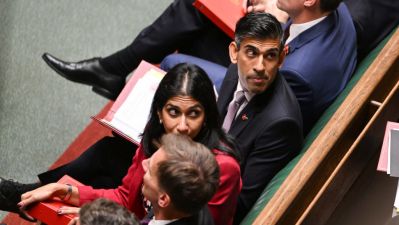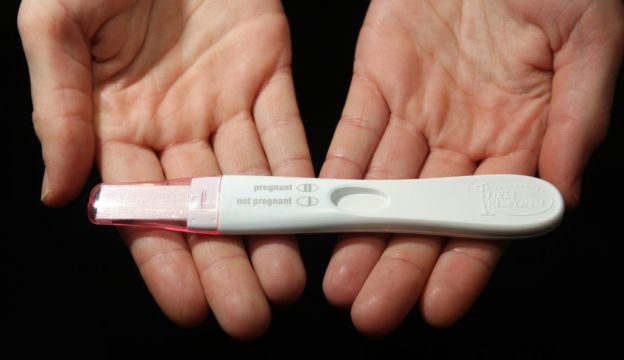The UK’s abortion law is in “desperate need” of reform as it is “currently not safe”, a Conservative former minister has warned.
Jackie Doyle-Price expressed her dismay in the Commons that the law that regulates abortion is “older than me”.
She was joined by Labour former minister Dame Diana Johnson, who co-chairs the All Party Parliamentary Group on Sexual and Reproductive Health in the UK, who argued that “until we decriminalise abortion and treat it as a healthcare matter, we really are not going to get rid of the stigma”.
In the UK, abortion remains a criminal offence under the 1861 Offences against the Person Act; what the 1967 Abortion Act allows is a legal defence for doctors who perform abortions that fit a set of criteria.
The most common reason cited under the classification system for around 98% of all abortions is risk to a woman’s mental health.
Speaking during the annual International Women’s Day debate, Ms Jackie Doyle-Price said: “My fundamental view is that our abortion law is currently not safe and the most important thing that we can do in this place is make sure that our laws do no harm.
“I have said this before in this House, the law we have regulating abortion is older than me.
“It is in desperate need of reform and, I’m afraid, that while ever we treat this as an issue of conscience, we are failing women because that law predates medical abortion.”
Ms Doyle-Price said she respects that some MPs will always vote to restrict abortion because of “ideological objections”, but added: “The fact is abortion is an established right now in this country and it is our obligation to make sure that those laws are safe, that women can access abortion as early as possible in their pregnancy.”

Making an intervention, Dame Diana said: “I think what’s even more worrying is that 67 Act is over 50 years old, but of course it’s underpinned by the Offences against the Person Act 1861, which is a Victorian piece of legislation, which says that abortion is a criminal offence.
“And really until we decriminalise abortion and treat it as a healthcare matter, we really are not going to get rid of the stigma.
“That seems to me the thing that we need to do in this country to decriminalise, treat it as a healthcare matter.”







